Missed periods, unusual acne and oily skin making you suspect PCOS? Your symptoms can be vague or mimic symptoms of other conditions, making PCOS go undiagnosed for a while.
Nonetheless, PCOS is one of the most common hormonal disorders in the reproductive years of women.1 in 5 women experience PCOS and are often unsure of how it plays out.
There is no one specific reason or single cause for PCOS, the reasons can range from genetics to Insulin resistance to raised Androgen levels and can impact various functions in our body.
Read more: Is PCOS Genetic?
What do the symptoms look like?
- Irregular and painful periods
- Fertility issues (problems with getting pregnant)
- Sudden loss/ gain of weight/ Fluctuation of weight
- Acne, oily skin
- Hair loss or baldness
- Excess body and facial hair
- Patches on skin, pigmentation
- Loss of libido (sexual desire)
- Gastric issues- bloating, acidity, constipation
- Mood swings
- Trouble sleeping
Long-term Effects that are not Easily Recognizable
- Anxiety and Depression
- Insulin resistance
- Risk of developing Diabetes, Fatty Liver and Heart conditions
- Complications in pregnancy – Hypertension, Diabetes, Pre-term birth
- Endometrial Cancer
While you might be experiencing some or all of these symptoms, there’s no test to definitively diagnose PCOS. Gynaecologists may start by understanding your medical history, and your period cycle, checking for signs of excess hair growth, insulin resistance and acne.
Most medical professionals use the Rotterdam criteria to diagnose polycystic ovarian syndrome (PCOS) which is defined by the presence of two of three of the following criteria:
- Irregular menstrual cycles
- Ovaries with fluid-filled sacs or cysts on ultrasound scan
- Signs of excess Androgens (male hormones) such as acne, hair loss, and hirsutism (growth of extra unwanted hair) on the face, chin, and other parts of the body.
It’s important to rule out underactive thyroid before making a diagnosis of PCOS, as symptoms often look similar. A test might be able to confirm the same.
Million dollar question — Is PCOS curable?
Straightforward answer — PCOS cannot be cured, but the symptoms can be reversed.

Lifestyle interventions like Nutrition and Yoga can help. With a timely and proper nutrition plan coupled with exercise focused on weight management, the symptoms of PCOS can be reversed.
- Reducing insulin resistance
- Increasing metabolism
- Aiding weight management and weight loss
- Lowering the risk of comorbidities like Type 2 diabetes, and heart conditions
- Reducing stress, anxiety and depression.
- Lowering Androgen, thereby reducing key symptoms such as hair loss, excess facial and body hair



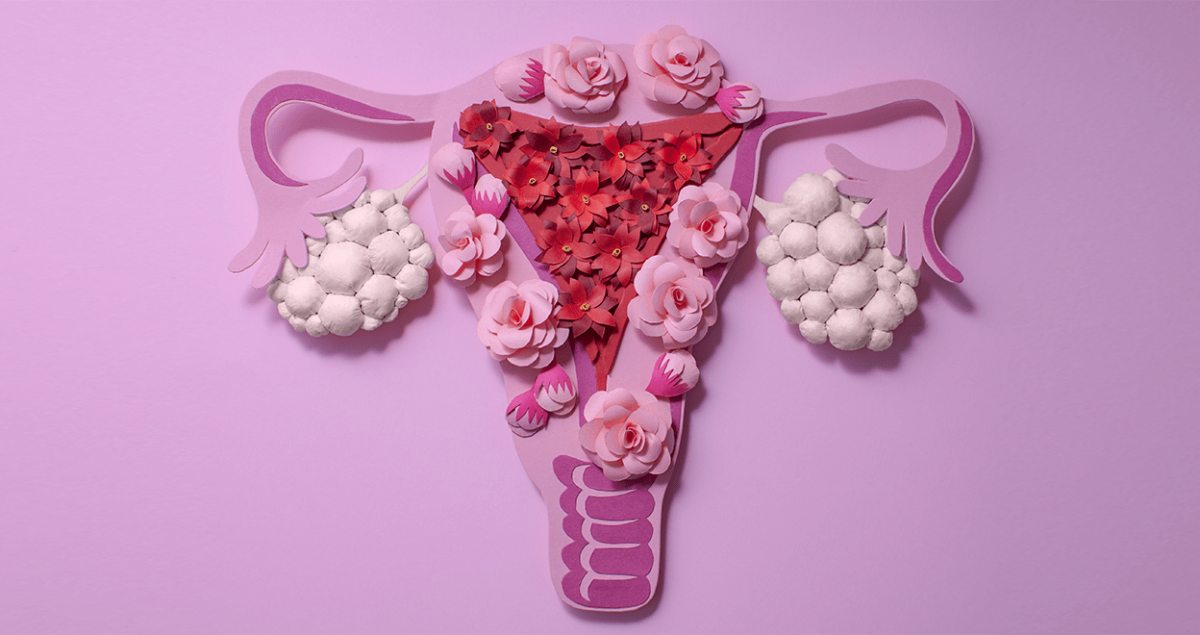

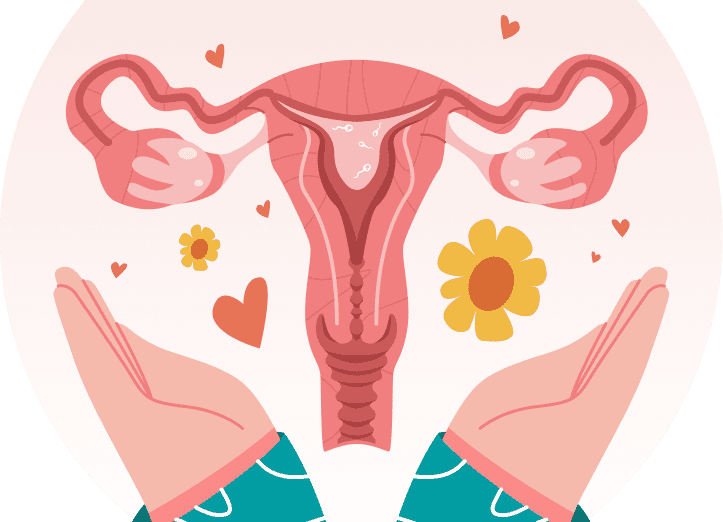
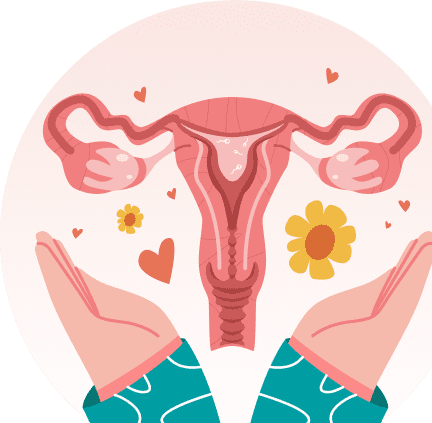

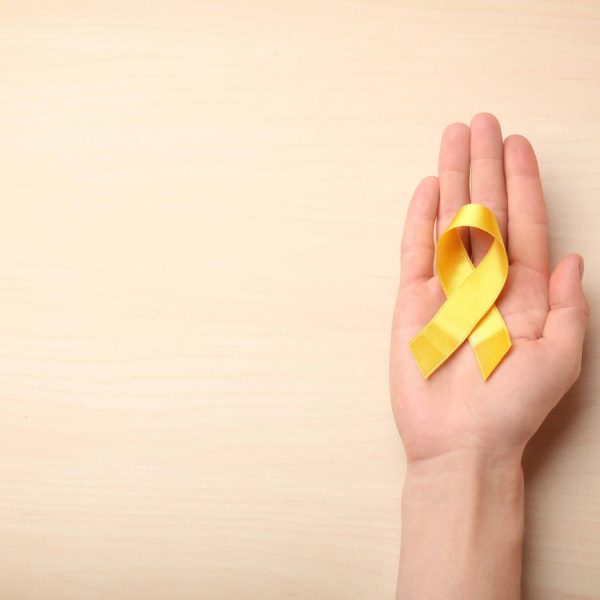
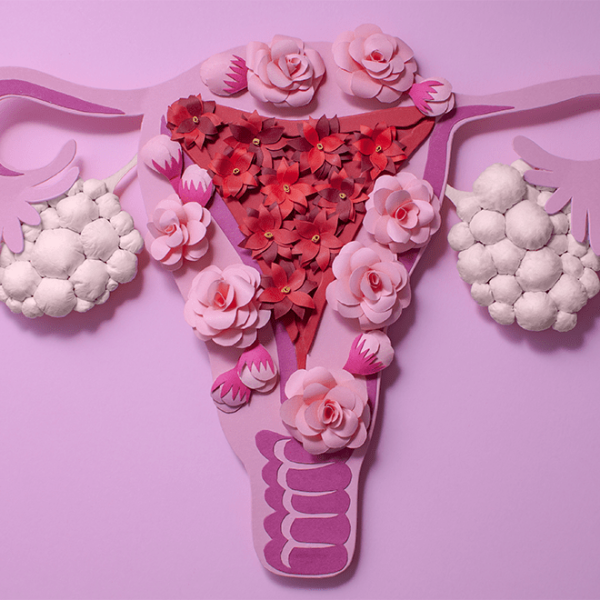


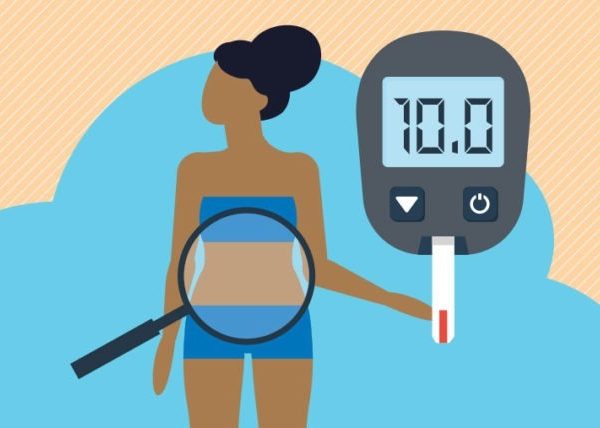
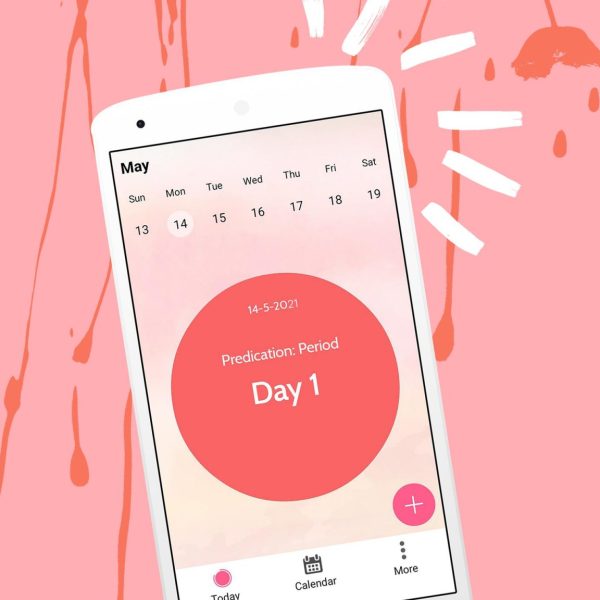









Share this article